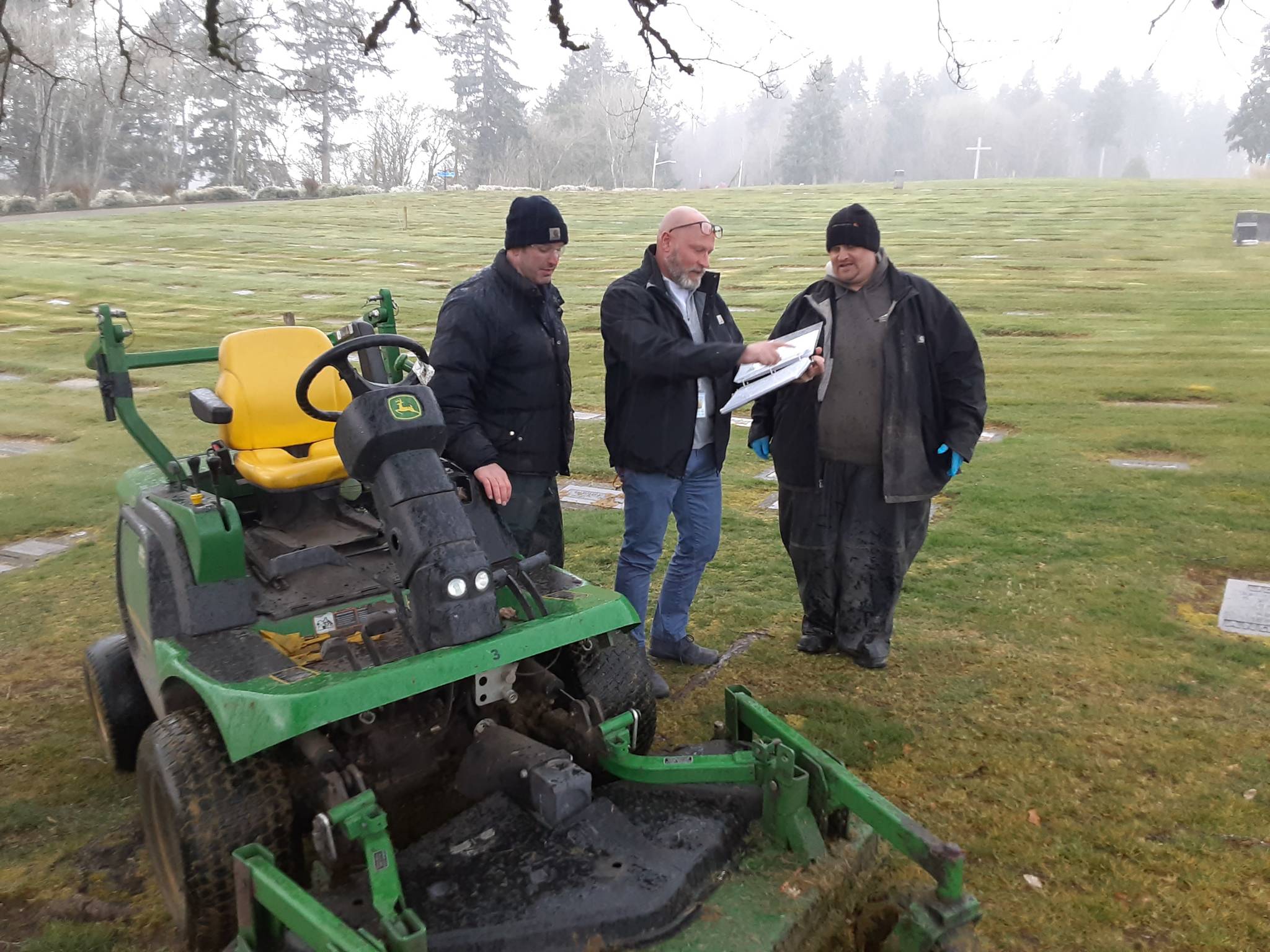Weddings, funerals and religious services can restart in a limited fashion across Washington state with new guidelines issued May 27 by Gov. Jay Inslee.
Up to 100 people will be allowed to congregate on the grounds of churches, synagogues, mosques and other places of worship for services, nuptials and funerals, according to the new guidance.
For counties in the second phase of the state’s reopening, faith-based organizations can now host events indoors at 25% capacity, or fewer than 50 people, whichever is less.
All employees, members and visitors are required to wear face coverings before, during and after a service, whether indoors or outdoors.
No choirs can perform. While singing is permitted, individuals must not remove their face coverings to sing — masks must be worn for the entirety of a service.
The new guidance also allows individuals to hold religious services or offer spiritual counseling for up to five people at their home. This would include religious study classes, religious ceremonies, religious holiday celebrations, weddings and funerals.
Organizations are strongly encouraged to keep a log of attendees at each service or counseling session, and to keep that log for at least two weeks. If an outbreak occurs, the information can be used by contact tracers to reach others who may have been exposed.
“We know that people treasure religious gatherings, so this has been a difficult issue about how we simultaneously defeat this virus and maintain our congregations,” Inslee said during a Wednesday news conference. “This crisis may affect our physical connections, but we should not allow it to stop our emotional connections.”
The new rules replace ones issued May 6 which permitted only drive-in spiritual services. Under that guidance, people had to stay in their cars and keep their windows up and sunroofs closed unless their vehicle was at least six feet from the nearest vehicle.
Wednesday’s announcement marked the latest step in the state’s gradual reemergence from lockdown in response to the spread of coronavirus which causes COVID-19, which had claimed at least 1,078 lives in Washington as of Tuesday, including 549 lives in King County.
Inslee issued a statewide stay-home order in late March and extended it through May 31 earlier this month. At the time, he also laid out a plan for fully reopening the state in four phases.
Every county started in the first phase. Since then, he’s allowed 24 counties — ones with few new infections and adequate hospital resources — to advance to the second phase, ahead of counties like King and Snohomish, where the virus is active and outbreaks are occurring. Fifteen counties are unable to move to the second stage based on criteria set by the state.
In the second phase, there is a greater degree of normalcy for families and businesses.
Restaurants are allowed to operate at less than 50% capacity, and retailers can conduct in-store sales. Barbers and hair and nail salons can reopen. Real estate firms and pet groomers can, too. Nannies and house cleaners can return to work.
Recreation opportunities broaden. Zoos can open outdoor exhibits, and tennis players can play doubles and have tournaments without spectators.
Each of the 24 selected counties reached the second phase by showing they met criteria set by the state Department of Health.
Among those were specific targets for hospital bed capacity and personal protective equipment like masks, gowns and gloves. They also needed to be able to make testing available and accessible to everyone in the county with symptoms and be able to rapidly trace contacts of those exposed to anyone who tests positive for the virus. State criteria call for at least 15 contact tracers per 100,000 population.
The most critical and toughest standard to meet is a requirement for fewer than 10 new cases per 100,000 residents over a 14-day span.
Talk to us
Please share your story tips by emailing editor@kentreporter.com.
To share your opinion for publication, submit a letter through our website https://www.kentreporter.com/submit-letter/. Include your name, address and daytime phone number. (We’ll only publish your name and hometown.) Please keep letters to 300 words or less.

